
Tech & Sci
14:13, 02-Jul-2017
Retail on the move, as cashless, mobile shops take to China’s streets
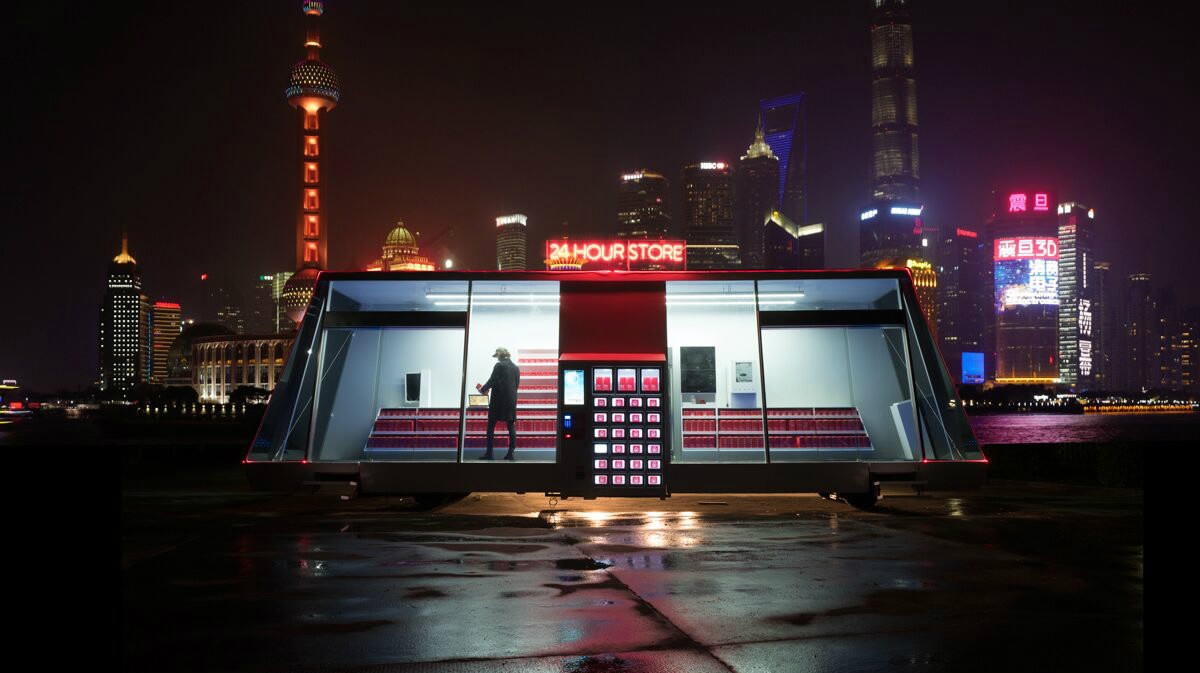
A cashless and movable, self-driving convenience store in Shanghai is the latest attempt to shake up the world of shopping with new technological solutions.

Amazon photo
Amazon photo
Big international retail names including Amazon have been experimenting with cashless stores, and Ford is working on an “Autolivery” service, which would use self-driving vans and drones to deliver groceries as well as other packages in urban areas.
And now Swedish company Wheelys has combined the two functions of cash-free and driverless with the “Moby Mart” in Shanghai, east China.
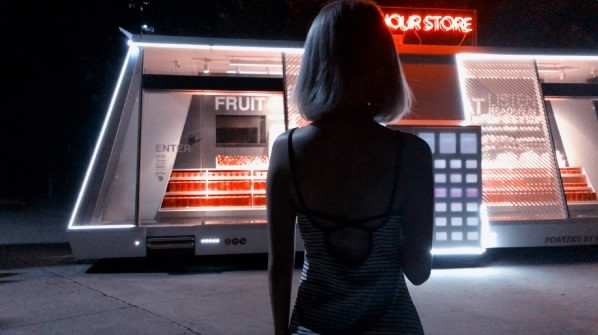
Moby Mart website photo
Moby Mart website photo
The Mart is the size of a small bus, and Wheelys has demonstrated it moving small distances around the streets. Customers enter and use their mobile phones to scan goods and pay for them through an app.
The company has plans to introduce more such stores in Shanghai in 2018, with drones stationed on their roofs to deliver goods to customers ordering online.
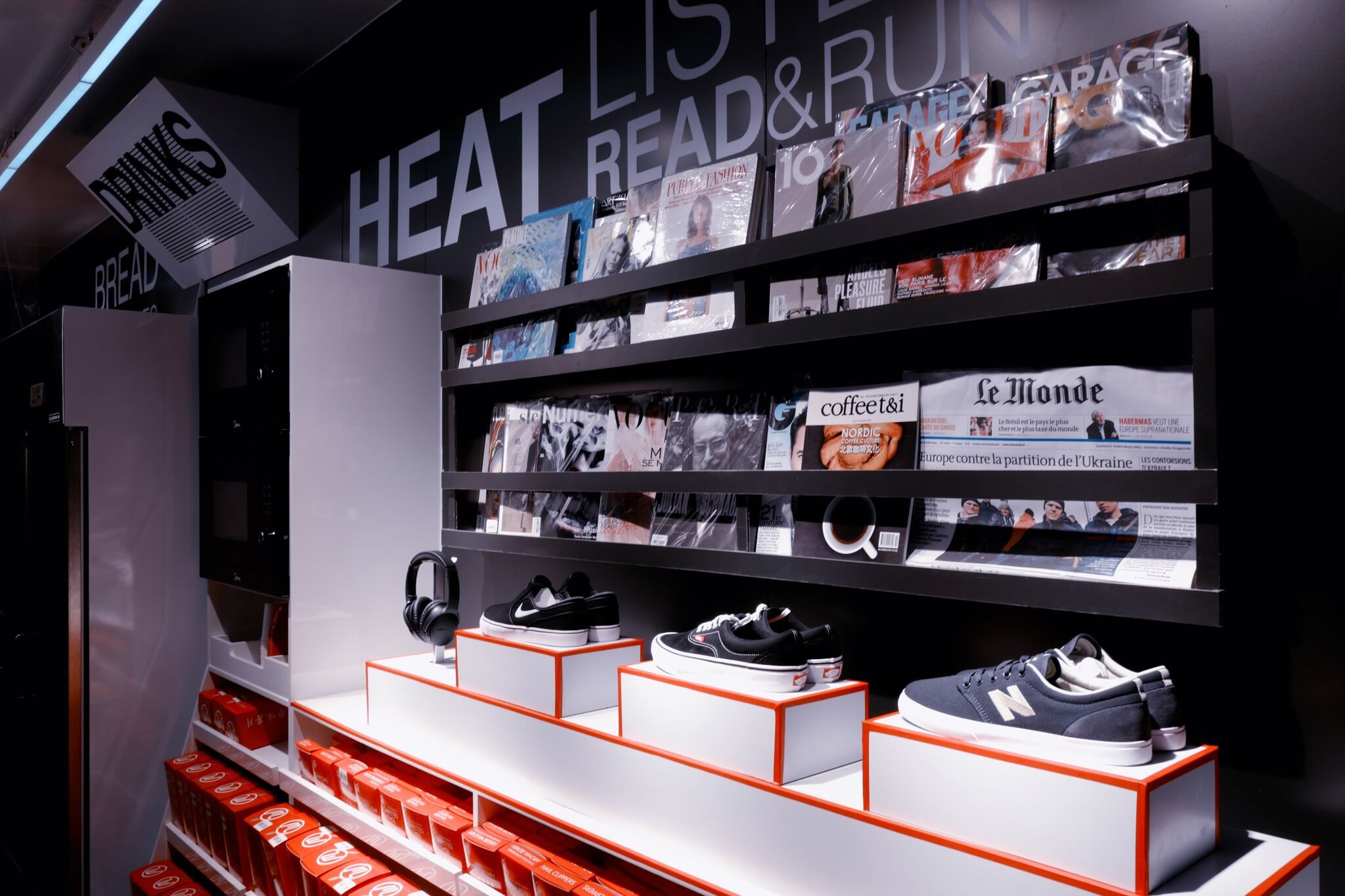
Moby Mart website photo
Moby Mart website photo
Late last year, online retail giant Amazon opened a store in Seattle where customers can pick up their groceries and walk out without having to queue and pay at the checkout. The cost of purchases is billed to customers’ Amazon accounts, with sensors in the shop tracking transactions.
So far, it has only been open to Amazon employees as the concept is tested, but The Guardian reported that there are plans for 2,000 of the stores across the US.
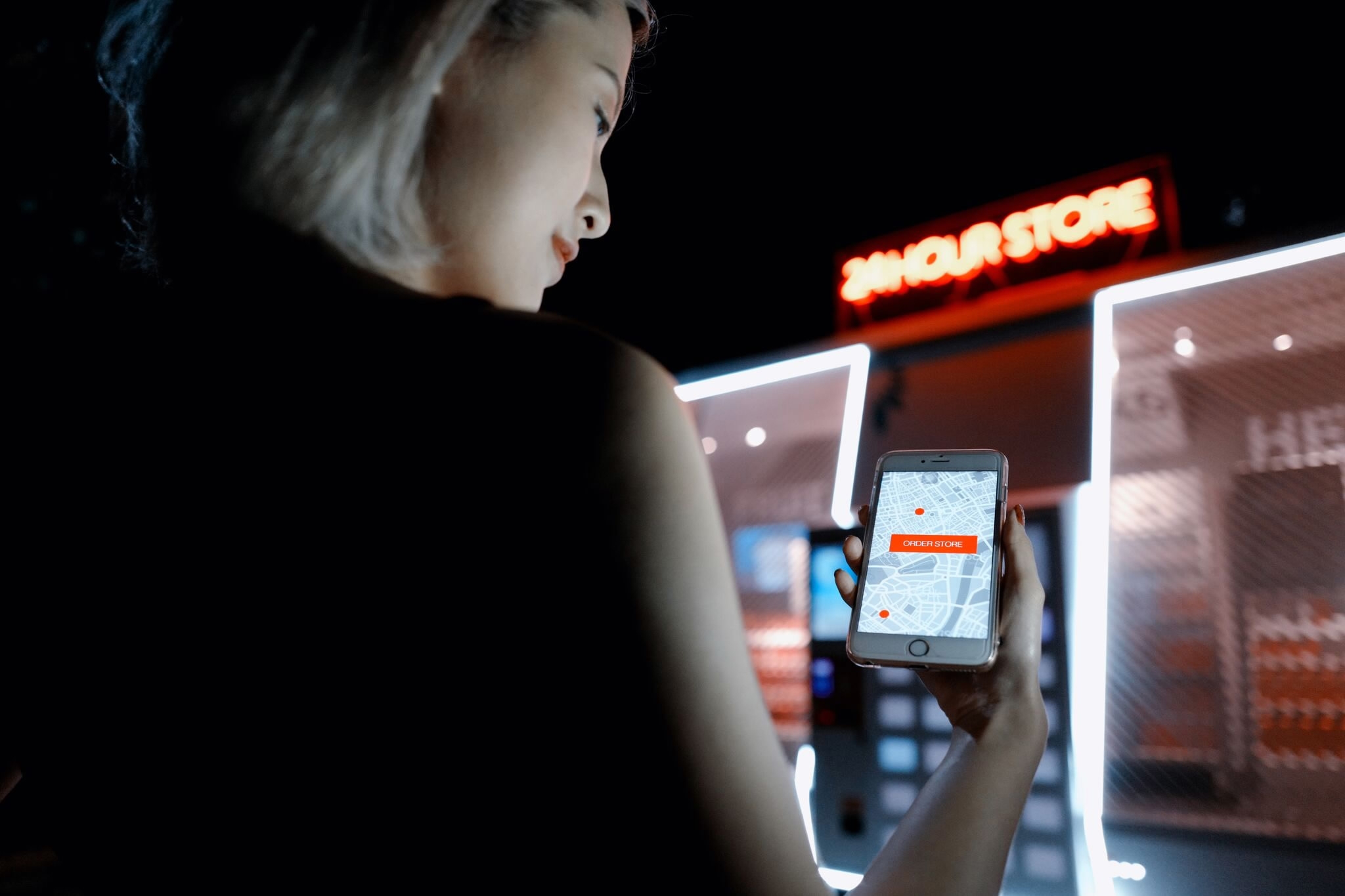
Moby Mart website photo
Moby Mart website photo
Ford unveiled Autolivery at the Mobile World Congress in Barcelona in February of this year.
Wheelys is not the only company pushing cashless, mobile retail in China. BingoBox is a Chinese startup from Zhongshan in Guangdong Province that runs a line of automated convenience stores.
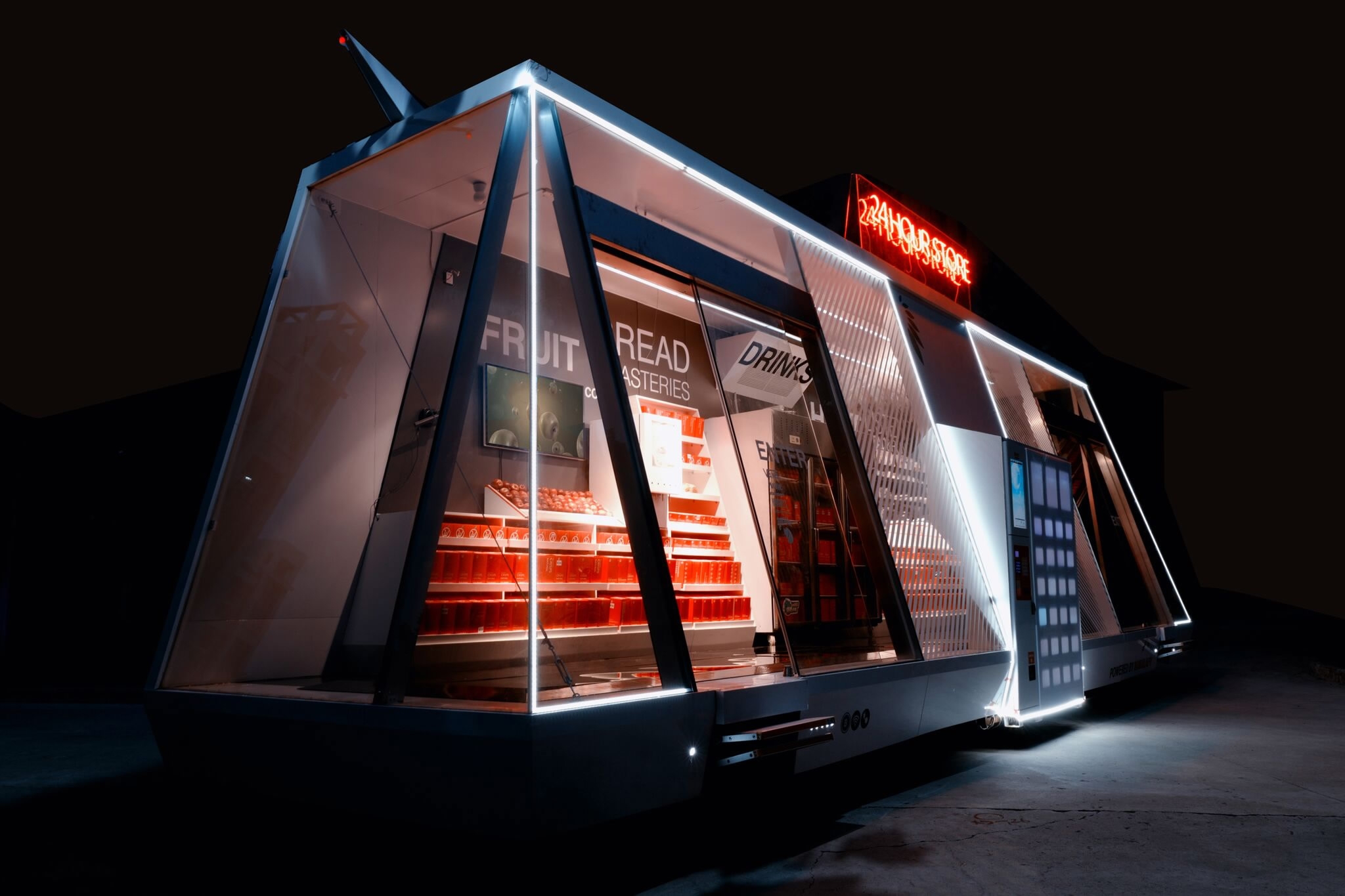
Moby Mart website photo
Moby Mart website photo
While technophiles have given their thumbs up to the new designs, others have questioned the shop-cum-vehicles’ roadworthiness. And how will they meet government regulations?

SITEMAP
Copyright © 2018 CGTN. Beijing ICP prepared NO.16065310-3
Copyright © 2018 CGTN. Beijing ICP prepared NO.16065310-3